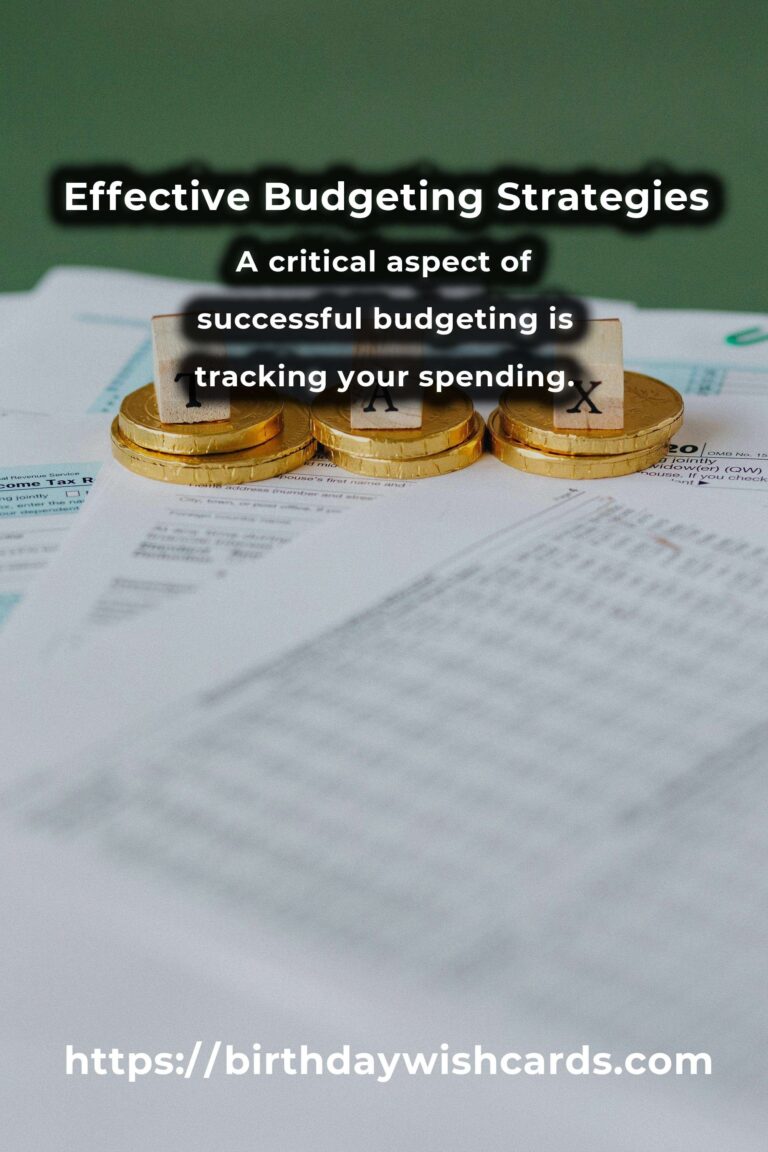
Budgeting is an essential life skill that can significantly impact your financial health and stability. Whether you’re trying to save for a big purchase, pay off debt, or simply manage your expenses more effectively, having a solid budgeting plan is crucial. In this comprehensive guide, we’ll explore a variety of budgeting ideas that can help you take control of your finances and achieve your financial goals.
Understanding the Basics of Budgeting
Before diving into specific budgeting ideas, it’s important to understand the fundamentals of budgeting. Essentially, budgeting involves creating a plan for how you will spend your money. This plan helps ensure that you have enough money to cover your necessary expenses while also setting aside funds for savings and other financial goals.
The key components of a budget include income, fixed expenses, variable expenses, and savings. By categorizing your income and expenses, you can better understand where your money is going and make informed decisions about how to allocate it.
Setting Realistic Financial Goals
One of the first steps in creating an effective budget is setting realistic financial goals. These goals can range from short-term objectives, like saving for a vacation, to long-term aspirations, such as retirement planning. By clearly defining your goals, you can tailor your budgeting strategy to help you achieve them.
Tracking Your Spending
A critical aspect of successful budgeting is tracking your spending. This involves keeping a detailed record of all your expenditures, whether they’re for groceries, utilities, entertainment, or any other category. By tracking your spending, you can identify patterns and areas where you might be overspending, allowing you to make necessary adjustments.
Implementing Popular Budgeting Methods
There are several popular budgeting methods that you can implement to manage your finances effectively. Some of these include:
The 50/30/20 Rule
This method divides your income into three categories: 50% for needs, 30% for wants, and 20% for savings and debt repayment. This simple structure can help you prioritize your spending and ensure that you’re saving adequately.
Zero-Based Budgeting
With zero-based budgeting, every dollar of your income is assigned a specific purpose, whether it’s for expenses, savings, or debt repayment. This approach requires you to justify every expense and ensures that your money is spent intentionally.
Envelope System
The envelope system involves allocating cash for different spending categories and placing this cash into physical envelopes. Once an envelope is empty, you cannot spend any more money in that category until the next budgeting period. This method can be particularly effective for managing discretionary spending.
Reducing Unnecessary Expenses
To maximize the effectiveness of your budget, it’s important to identify and reduce unnecessary expenses. This might involve cutting back on dining out, canceling unused subscriptions, or finding more affordable alternatives for certain products and services.
Saving for Emergencies
Building an emergency fund is a crucial part of any budgeting strategy. An emergency fund can provide financial security in the event of unexpected expenses, such as medical bills or car repairs. Aim to save at least three to six months’ worth of living expenses in your emergency fund.
Staying Committed to Your Budget
Creating a budget is just the first step; staying committed to it is equally important. Regularly review your budget to ensure that it aligns with your financial goals and make adjustments as needed. Remember, successful budgeting requires discipline and consistency.
Utilizing Technology for Budgeting
In today’s digital age, there are numerous apps and tools available that can help you manage your budget more efficiently. These tools can automate the tracking of your expenses, provide insights into your spending habits, and even offer personalized budgeting advice.
By leveraging technology, you can streamline the budgeting process and make it easier to stay on top of your finances.
Conclusion
Mastering budgeting is an ongoing process that requires patience, persistence, and a willingness to adapt. By understanding the basics, setting realistic goals, tracking spending, and implementing effective budgeting methods, you can gain control of your finances and work towards a more secure financial future. Remember, the key to successful budgeting is consistency and commitment. Start today and take the first step towards financial freedom.
Budgeting is an essential life skill that can significantly impact your financial health and stability. The key components of a budget include income, fixed expenses, variable expenses, and savings. A critical aspect of successful budgeting is tracking your spending. There are several popular budgeting methods that you can implement to manage your finances effectively. Building an emergency fund is a crucial part of any budgeting strategy.
#Budgeting #FinancialPlanning #SmartSpending #SavingMoney

